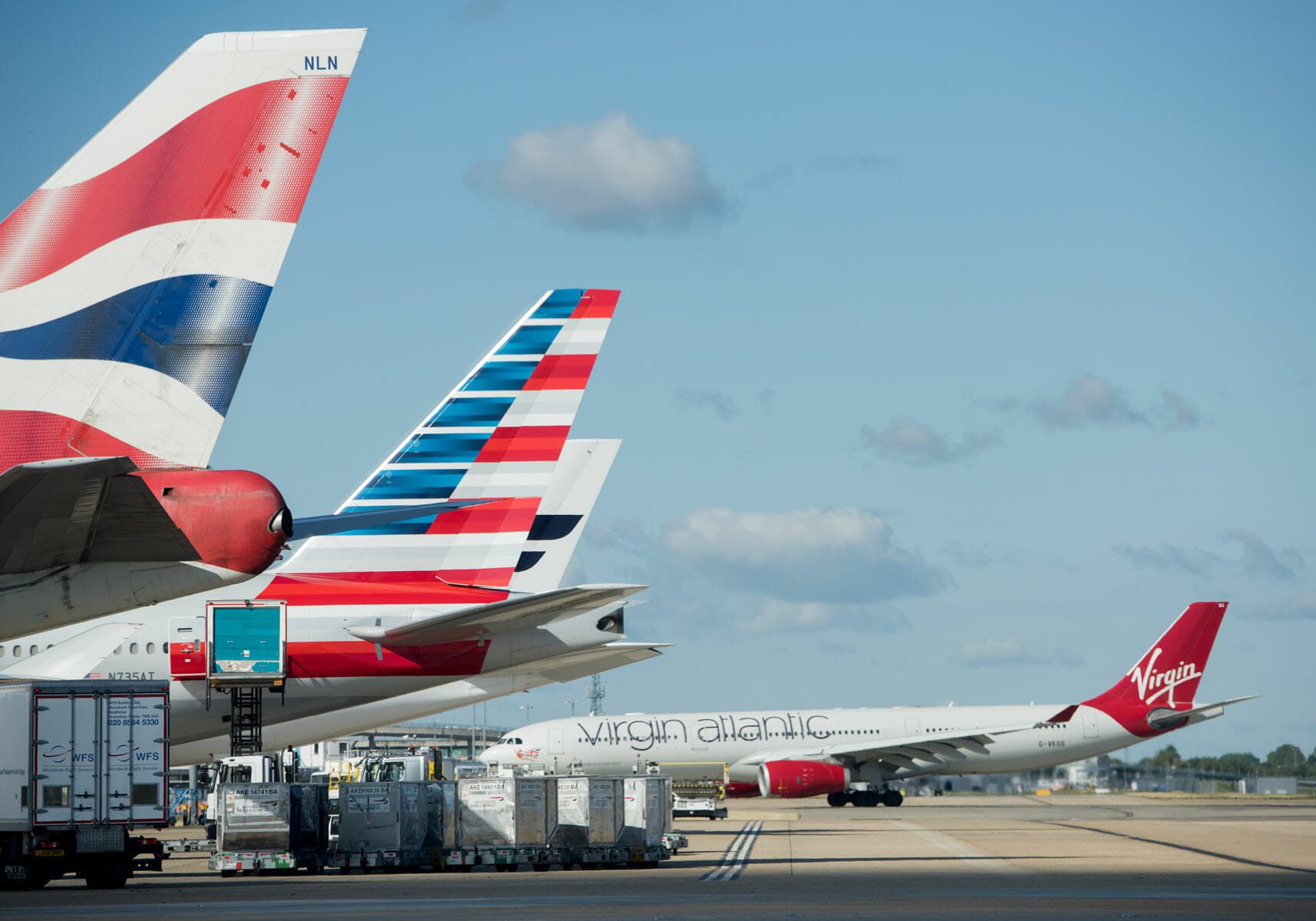
heathrow 175811116099964
International long-haul air travel might take another three to four years before it returns to 2019 levels, IATA said in its latest briefing in Covid-19 on May 13. This is one and a half to two years later than domestic travel, which will see a rebound by mid-2022.
IATA presented two scenarios: baseline and pessimistic. In the baseline scenario, domestic travel will restart again in Q3 but will still be at only 70 to 80 percent of 2019-levels. International traffic would be at just 60 percent maximum by the end of this year.
In 2021, RPK’s will be -24 percent below 2019 levels, 32 percent lower compared to IATA’s October 2019 projections. By 2025, global RPK’s could be -10 percent behind this scenario.
In the pessimistic scenario, IATA has taken a prolonged lockdown and second wave of the coronavirus into account. This results in global RPK’s of -34 percent next year compared to 2019 and -41 percent compared to October’s forecast.
IATA is very worried about strict measures like 14-days of compulsory quarantine for inbound travelers as this will discourage people from flying. According to its own survey, 69 percent of those asked said they would be reluctant to fly if quarantine measures are enforced.
Instead, IATA favors travelers to check their health before flying and advise those with symptoms to stay home. Risks of asymptomatic travelers should be addressed with governments managing a robust system of health declarations and vigorous contact tracing, IATA says.
Row over vouchers
On the same day, IATA, Airlines 4 Europe, the European Regions Airline Association (ERA), and Airlines International Representation in Europe (AIR-E) strongly opposed the latest position of the European Commission on reimbursement of tickets. EU-Commissioner Vestager said passengers who have paid for their tickets are entitled to full compensation by airlines and travel agencies as described in Regulation EU261/2004. Her position was welcomed by consumer organizations.
IATA and others refer to sixteen EU-countries that have waved the regulation a favor a temporary voucher solution in which passengers have a year to select another date for flying or will be compensated only after twelve months. They say EU261 was never meant for a situation like the current global pandemic and would deal a massive blow to airlines, who have EUR 9.2 billion in outstanding cash reimbursements as of May.
As A4E’s managing director Thomas Reynaert said in a statement: “While passengers have a clear right to reimbursement of their tickets, we believe refundable vouchers, or a delayed reimbursement, represents a fair and reasonable compromise given the unprecedented liquidity situation airlines are currently facing.”
IATA’s Alexandre de Juniac said: “We call upon the EU Member States in the Council to ensure that a harmonized approach to reimbursements and vouchers during Covid-19 is achieved through a temporary and clearly drafted adjustment of the current passenger rights framework.”
Views: 2




